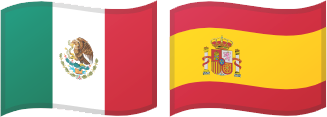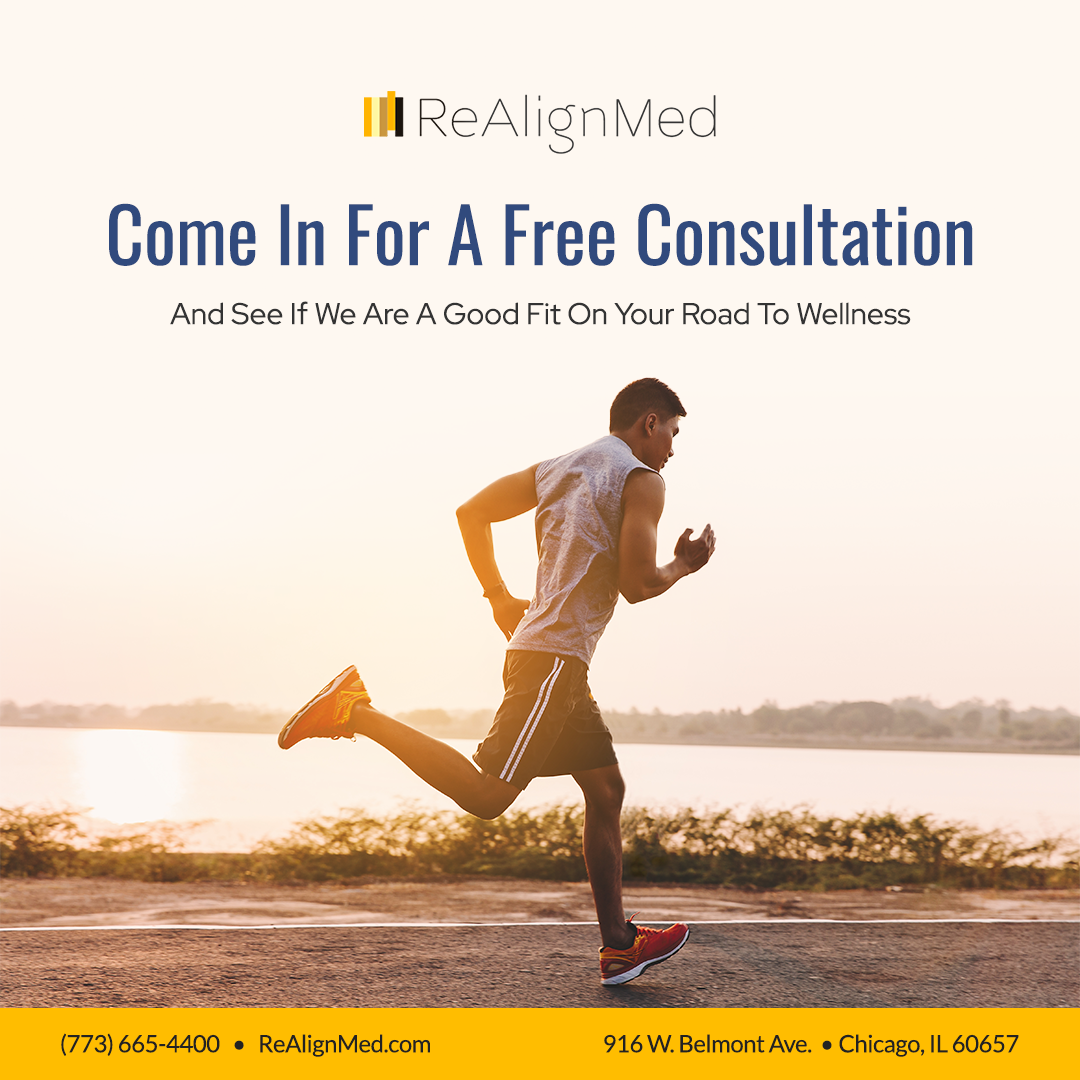
After being first detected in China, the coronavirus has spread to over 70 other countries including the United States. Some areas are declaring this a state of emergency. This is a rapidly evolving situation. Some companies are currently cancelling all non-essential travel for their employees, and many large scale events are being rescheduled or cancelled as well.
Here is an outline of some basic actions you can take to keep yourself and others safe, as well as some information on what to do if you think you've been exposed to the virus.
If you are currently feeling sick and you think you may have been in contact with someone who has COVID-19, please call your health provider before you go to your doctor's office or the emergency room. Your provider can give you information on seeking care without the risk of possibly exposing other people.
Like the common cold, the coronavirus is thought to be spread through close contact, and by breathing in the respiratory particles from an infected person's sneezes or coughs. It is possible that the COVID-19 may also be spread through objects or surfaces that contain the virus.
Symptoms include fever, coughing, and wheezing or shortness of breath. Having one or more of these symptoms does not mean that you have the virus, but if you think you've been exposed, please call your medical provider as soon as possible.
There is currently no vaccine to prevent coronavirus disease 2019 (COVID-19). The best way to prevent illness is to avoid being exposed to this virus. However, as a reminder, CDC always recommends everyday preventive actions to help prevent the spread of respiratory diseases, including:
Avoid close contact with people who are sick.
Avoid touching your eyes, nose, and mouth.
Stay home when you are sick.
Cover your cough or sneeze with a tissue, then throw the tissue in the trash.
Clean and disinfect frequently touched objects and surfaces using a regular household cleaning spray or wipe.
Follow CDC’s recommendations for using a facemask.
○ CDC does not recommend that people who are well wear a facemask to protect themselves from respiratory diseases, including COVID-19.
○ Facemasks should be used by people who show symptoms of COVID-19 to help prevent the spread of the disease to others. The use of facemasks is also crucial for health workers and people who are taking care of someone in close settings (at home or in a health care facility).
Wash your hands often with soap and water for at least 20 seconds, especially after going to the bathroom; before eating; and after blowing your nose, coughing, or sneezing.
If soap and water are not readily available, use an alcohol-based hand sanitizer with at least 60% alcohol. Always wash hands with soap and water if hands are visibly dirty.
For further information and advice about the ongoing coronavirus outbreak, ReAlign recommends the official CDC website, and you can also find detailed information about the current worldwide status of the virus from the World Health Organization.




